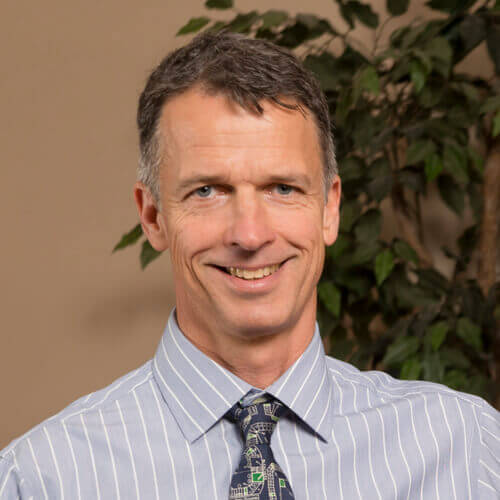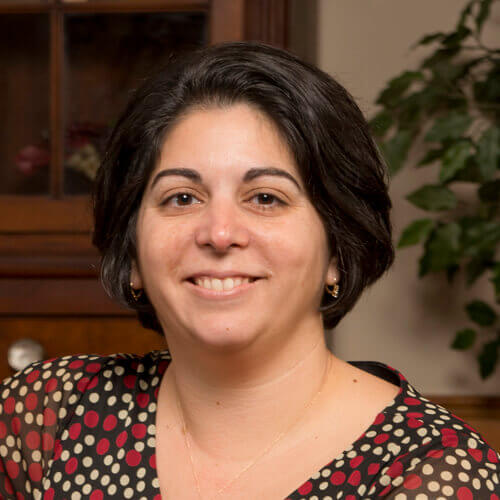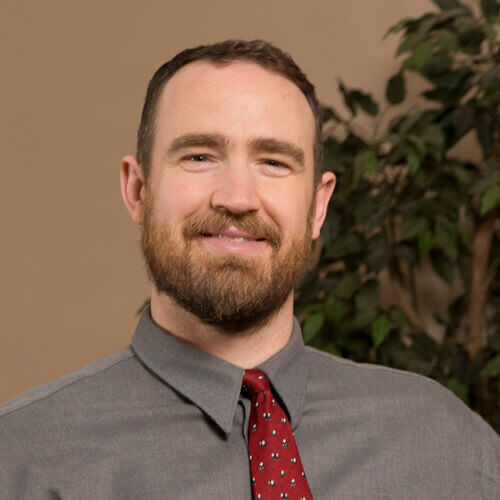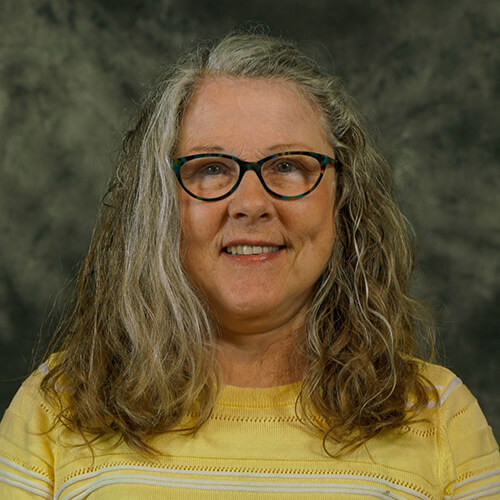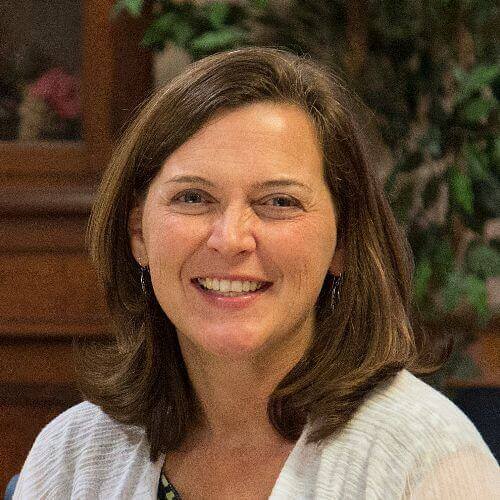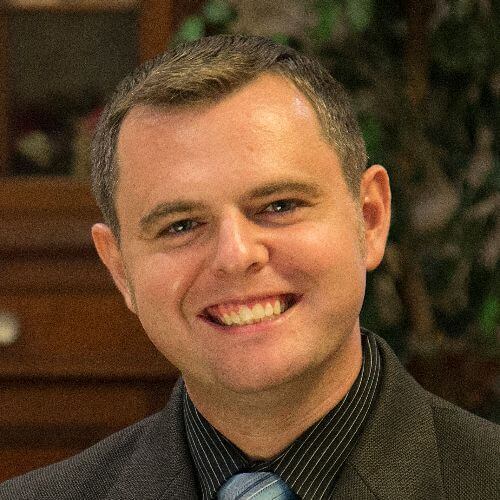Why study Mathematics at MC?
Mathematics is the language of science, technology and engineering and, in a technology-driven society that is generating billions of pieces of data every day, it is also the language of business and communication. Learning about mathematics teaches you to develop logical arguments and solve problems, essential skills for a wide variety of careers. While those who work in jobs requiring mathematical skill earn high salaries and report great job satisfaction, there aren’t enough college graduates with those skills to meet the demand.
Mathematicians work in fields from finance and insurance, to business analytics, biotechnology and national security. We analyze market data for large corporations, develop climate models to predict environmental changes, improve internet search engines and social media, design clinical trials with medical researchers, attack cryptographic problems for the National Security Agency, and develop better airline security systems.
At Maryville College, mathematics majors explore topics in pure and applied mathematics, including statistics, computer science and physics. The quantitative abilities they develop are complemented by the liberal arts core, resulting in well-rounded students with a marketable mix of skills. Our majors enjoy small class sizes and close relationships with their professors and are participating in competitive summer research programs at Oak Ridge National Lab and around the country. If you enjoy mathematics and are excited about the wide range of career opportunities for people with these skills, we’d love to have you join us!
The importance of mathematics to the educated person has been established since the Middle Ages, when arithmetic and geometry were recognized as two of the seven liberal arts constituting the traditional course of study at a university. Mathematics is even more vital to liberal education today, when every citizen must be equipped with the quantitative skills needed to navigate our technological and data-driven world. The increasing demand for well-trained professionals in science, technology, engineering and mathematics (STEM) fields is well-documented, and all of these require knowledge of mathematics. In addition, students interested in teaching at the middle- or high-school level can continue their studies at MC after graduation and earn a Master of Arts in Teaching (M.A.T.) Secondary STEM degree in only one year.
The curriculum in mathematics develops a student’s ability to think analytically and construct logical arguments, building a foundation to support advanced study in mathematics, but also providing a gateway to the expansive, diverse career opportunities in the mathematical sciences. The program provides students a range of experiences in both abstract and applied mathematics, as well as in the partner disciplines of computer science and physics.
Meet a Current Scot
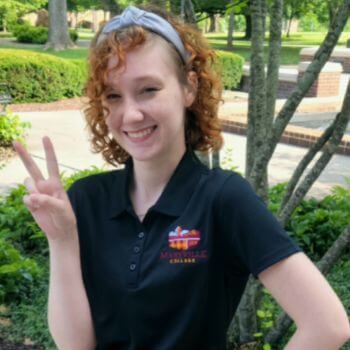
Lainey Hudolin
Hometown: Maryville, Tennessee
Elaina “Lainey” Hudolin began her MC journey as a Vocal Music with Teacher Licensure major before switching to Math with Teacher Licensure.
“I’ve always loved math and realized that it felt wrong to not be in something math-related in college,” she said. “As soon as the College announced the new M.A.T. program (Master of Arts in Teaching, launched in May 2022), I switched over to a bachelor’s in Math in order to join the program after I graduate.”
In addition to a minor in Statistics, Lainey is a McGill Fellow, a student Ambassador for the Admissions office, a tutor for the Academic Success Center and a member of various clubs and organizations. When she’s not busy with her course load and campus activities, she enjoys attending baseball and hockey games.
Meet a Recent Grad

Nicasio Velez ’18
Currently: Adjunct instructor at Thomas Jefferson University
Before he enrolled at MC, Nico was unsure of what he wanted to do, but a proof-based class helped him realize the passion he had for math and science. By the time he began his Senior Study, he knew the type of math he wanted to study and that he enjoyed research. His study, “Mathematical Magic: A Study Of Number Puzzles” was deemed exemplary by his professors and is now included in the College library’s permanent collection. In 2020, it was published in the Rose-Hulman Undergraduate Mathematics Journal.
“The professors at MC were so encouraging and helped me ultimately decide I wanted to pursue a Ph.D.,” he said.
After obtaining his master’s and Ph.D. degrees at the University of Tennessee-Knoxville (where he lectured in undergraduate Algebra and Calculus courses), he’s now an adjunct instructor at Thomas Jefferson University in Philadelphia.

